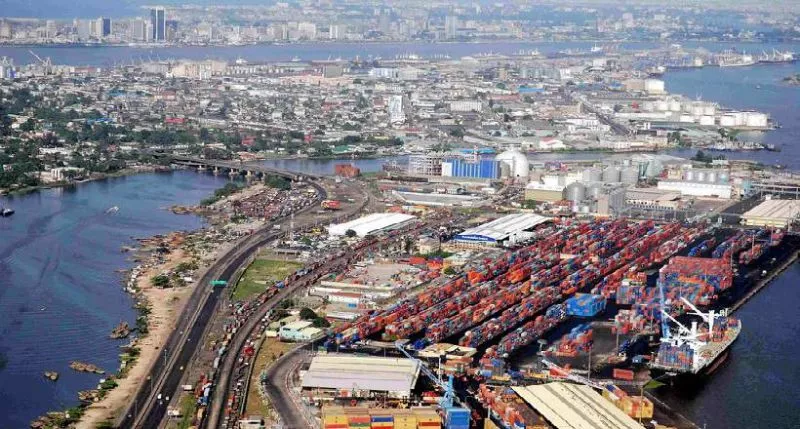Apapa is a bustling port city and commercial hub located in Lagos, Nigeria. It is renowned for its strategic importance due to its major seaports, which are crucial to the country’s economy. We use this area guide to provide an overview of Apapa, its key features, and insights into its property market.
Location: Situated in the Lagos metropolitan area.
Bordered by the Lagos Lagoon to the north and west, and the Atlantic Ocean to the south.
Historical Significance:
Established as a port city during the colonial era.
Developed into a significant industrial and commercial center.
Key Features:
Seaports: Apapa is home to two of Nigeria’s major seaports: Apapa Wharf and Tin Can Island Port. These ports handle a substantial portion of the country’s import and export activities.
Commercial Activities: The area is a hub for commercial activities, particularly in shipping, logistics, and warehousing. Numerous multinational companies have their offices and operations in Apapa.
Infrastructure:
Apapa boasts a well-developed infrastructure with major roads, bridges, and rail connections. However, it also faces challenges like traffic congestion and infrastructure decay.
Residential Areas: The residential areas in Apapa offer a mix of high-end and middle-class housing. Notable residential neighborhoods include Apapa GRA (Government Reserved Area), which features spacious homes and well-maintained streets.
Amenities: The area is well-served by amenities such as schools, hospitals, shopping centers, and recreational facilities. Apapa Club and Apapa Amusement Park are popular spots for leisure and recreation.
Property Market in Apapa
Residential: Apartments, duplexes, and standalone houses.
Commercial: Office spaces, warehouses, and retail outlets.
Industrial: Factories and storage facilities.
Property Prices:
The property prices in Apapa vary based on location, property type, and condition. Apapa GRA tends to have higher property values due to its exclusivity and better infrastructure.
Residential Property Market:
Apartments: Prices for apartments in Apapa range from moderate to high, depending on the neighborhood and the amenities provided.
Houses: Detached houses and duplexes in Apapa GRA can be quite expensive, reflecting the area’s status as a prime residential zone.
Commercial Property Market:
Office Spaces: The demand for office spaces is high due to the concentration of businesses in the area. Prices can be steep, particularly for premium locations near the ports.
Warehouses: Given the area’s industrial nature, warehouses are in high demand. Prices vary depending on size and proximity to the ports.
Investment Potential:
Apapa’s strategic importance as a port city makes it a desirable location for property investment. The demand for commercial properties is robust, driven by the logistics and shipping industries.
Residential properties in areas like Apapa GRA offer good investment potential due to their high rental yields and appreciation rates.
Challenges:
The area faces significant challenges, including traffic congestion, which can affect property values and the quality of life.
Infrastructure decay and periodic flooding are issues that need to be addressed to maintain and enhance property values.
Future Prospects:
There are ongoing plans for infrastructural improvements and decongestion of the port area, which could positively impact the property market.
The development of new commercial and residential projects is likely to continue, driven by the area’s economic significance.
Apapa remains a vital part of Lagos with a dynamic property market characterized by its commercial vibrancy and strategic importance. While it faces certain challenges, its potential for investment, particularly in commercial properties, is substantial. Prospective investors and residents can find a range of opportunities, from high-end residential properties to lucrative commercial spaces, making Apapa a key area to watch in the Lagos property market.

Be First to Comment